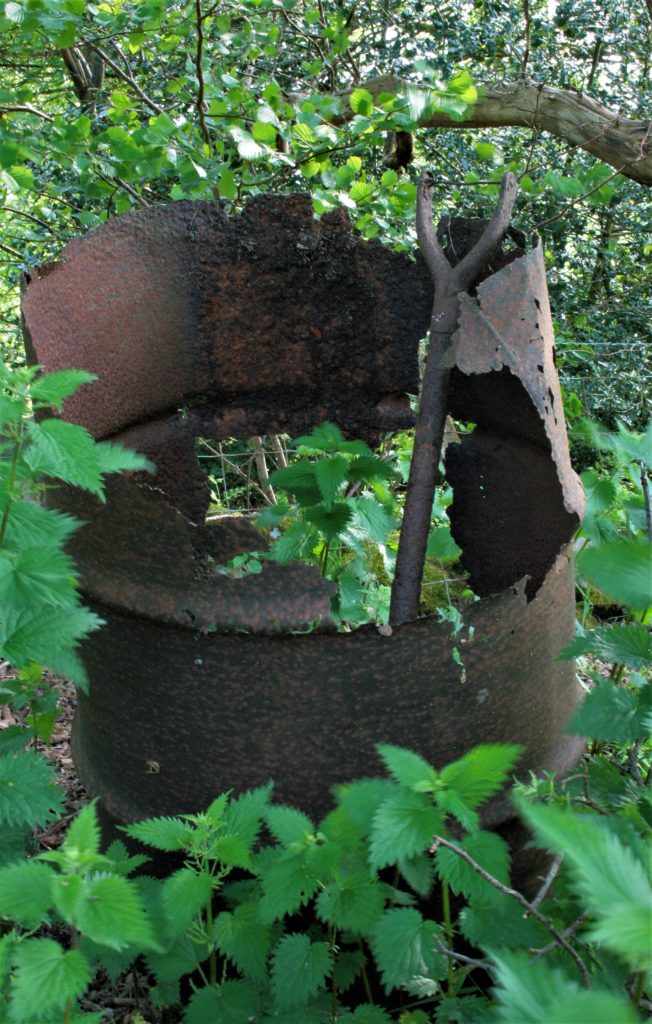It’s time for the annual musings known as Shadows and Reflections. Since so many of our lives were lived in thematic overlap in 2020, we’ve asked our contributors and friends to focus on the small, strange and specific as they look back over the last 12 months. Today it’s the turn of Jeb Loy Nichols.

Photo: Loraine Morley
LET’S TALK ABOUT LESS
People lead different lives. I know that. We all know that. People do what they do for reasons often hidden from themselves. We get up in the morning and set about trying to find a reason to get through the day. What we do is we fill up time. Some of us are tall, other less so, some like mustard, others come from Senegal. Last week I read that Bob Dylan sold his publishing for $100,000,000. That’s a whole new level of different.
I listen to the wind pushing through the trees. In another month there’ll be snow on the ground. I have one black nail, stubbed on the corner of the bedroom door. I curl my toe and then arch it; a foot is a useful thing. I bend my right knee and lift it. On my kneecap is a crescent scar, where I fell, as a child, off my bike on a gravel road. My legs are covered in random darkenings and a webbing of veins. I’ve gained some weight around the middle; my shoulders and arms have filled out. My hands are often bruised, my nails clipped short. My neck is mostly unmarked, my eyes are clear but carry a touch of fatigue, my teeth, all my own, are no longer white. My hair is of an indistinct colour. From one grandparent comes my lack of a waist, from another comes my thin wrists. I consider myself part of a wandering race, a borrowed mix of skin and gristle. I’m fully capable of walking five miles and then coming home and working in the garden all afternoon. I’m not what I once was, neither am I the opposite. I think of my younger self and tell him: we were all, once, bright and unreasonable.
I have no problem with Bob Dylan making money. As I said, people live different lives. He does what he does. The multiplication of wealth is a fact that exists outside of and in spite of Bob Dylan. The function of culture is, increasingly, to constantly generate money. That’s the way of modern life. That’s who we are. Increasers, accumulators, grabbers, builders. My problem isn’t with the fact of Dylan’s wealth, it’s with the dullness it implies. To be rich is the dreariest of all outcomes; the least alive, the least gentle; the outcome most predictable, most desired; the refuge of the mediocre. To be rich one must believe in the most squalid and damaging of all modern myths, the myth of eternal growth. To be rich means the inevitable destruction of all things natural, quiet, fragile, marginal. Why does he need to sell his publishing? Why does he need another $100,000,000? Why not surprise us by doing the one unexpected, radical thing? Why not have less?
This afternoon I watch two squirrels leave an oak tree and skip quickly and directly to the far corner of the field. When they get there they turn twice in a tight circle, raise their heads and sniff the air. One of them claws at the ground while the other stares out across the field. They each then let out a thin squeak, their tails quivering. The first one, balancing on its hind legs, eyes the horizon. Finally, they run to the shade of a willow tree, circle it, hurtle themselves up the trunk and disappear. The entire performance takes twenty minutes. Bewildered, I shake my head at the unknowableness of my fellow creatures.
With $100,000,000 you could plant a lot of trees. You could have a seriously good bonfire. You could close down a lot of chicken farms. You could confuse a whole heap of people. You could dig a hole and turn it into compost. You could give it over to the Wildlife Trust. You could get creative. You could, if you’re smart, have less than you began with.
I turn on the TV and find these musicians and actors and artists and politicians talking all serious about how they’re going to Make Poverty History. I wonder what poverty has ever done to them to make them hate it so. It seems to me that if we’re in the business of making something history, we should start with wealth. Is it the poor who parade in silks and diamonds? Is it the poor who sell bombs and drones and airplanes? Is it the poor who rule as despots? Is it the poor who own factories, who cut down forests, who run things? Poverty is the only thing a lot of poor people have and the wealthy want to take even that away. Poverty seems a much more admirable aspiration than wealth. Every person on the planet can, after all, be poor, but only a chosen few can be wealthy.
If there’s ever to be a war, I’ll raise a sabre against the rich.
My feeling, today, is this: find your place. Find a real place. Not an abstract place. Find a real place of dirt and stone and stay there. Move in. Have less. Apologise. Be soft. Take what you need. I’ve had enough of money and being admired for it. It goes on and on and I’m tired of it. My feeling, today, is this: make a friend and learn to be quiet.